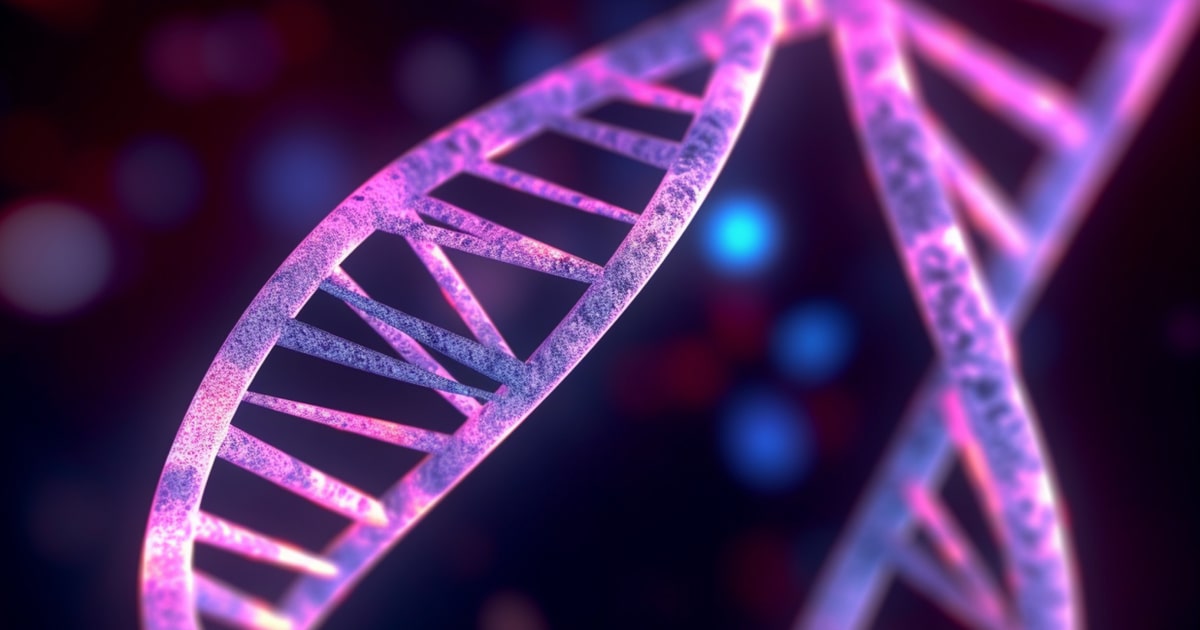
Expert Reviewed By: Dr. Brandon Colby MD
Fibrochondrogenesis 2 is a rare genetic disorder characterized by severe skeletal dysplasia, leading to abnormalities in bone and cartilage development. This condition presents significant challenges for affected individuals and their families. As researchers delve deeper into the genetic underpinnings of such rare diseases, genetic testing emerges as a beacon of hope, offering insights into diagnosis, management, and potential therapeutic avenues.
Understanding Fibrochondrogenesis 2
Fibrochondrogenesis 2 is primarily characterized by disproportionate short stature, distinctive facial features, and severe skeletal abnormalities. These symptoms are evident at birth or shortly thereafter, often leading to significant medical challenges. The genetic basis of this condition is linked to mutations in specific genes responsible for cartilage development. However, due to its rarity, comprehensive understanding and management of Fibrochondrogenesis 2 remain limited.
The Role of Genetic Testing in Fibrochondrogenesis 2
Genetic testing has revolutionized the landscape of rare disease diagnosis and management. For conditions like Fibrochondrogenesis 2, where clinical symptoms overlap with other disorders, genetic testing can provide definitive answers.
Diagnosis and Confirmation
Whole exome sequencing (WES) is a powerful tool used to identify genetic mutations associated with rare disorders. In the context of Fibrochondrogenesis 2, WES can pinpoint specific mutations responsible for the condition, facilitating a precise diagnosis. This is particularly crucial for conditions that are phenotypically similar to other skeletal dysplasias. By confirming the genetic basis of the disorder, healthcare providers can offer accurate prognoses and tailored management plans.
Family Planning and Genetic Counseling
Genetic testing is invaluable for affected families considering future pregnancies. Understanding the hereditary nature of Fibrochondrogenesis 2 allows for informed family planning decisions. Genetic counseling, supported by testing results, can provide parents with insights into the likelihood of recurrence in future offspring. This knowledge empowers families to make informed decisions regarding reproductive options, including preimplantation genetic diagnosis (PGD) or prenatal testing.
Research and Therapeutic Development
The identification of novel genetic variants through techniques like WES not only aids in diagnosis but also propels research forward. As highlighted in a recent study, whole exome sequencing identified novel genetic variants in six candidate genes potentially causing first-trimester euploid miscarriages, suggesting genetic etiologies and aiding future diagnostic and therapeutic strategies (source). Similar methodologies applied to Fibrochondrogenesis 2 could uncover new therapeutic targets, paving the way for innovative treatments. By understanding the genetic pathways involved, researchers can explore potential interventions that could mitigate the severity of symptoms or even prevent the onset of the disorder.
Personalized Medicine and Management
Genetic testing enables a shift towards personalized medicine, where treatment and management strategies are tailored to the individual’s genetic makeup. For Fibrochondrogenesis 2, this could mean developing specific therapeutic approaches that address the unique genetic mutations identified in each patient. Personalized medicine holds the promise of improving quality of life and reducing the burden of disease for individuals with rare genetic disorders.
The Future of Genetic Testing in Rare Disorders
As genetic testing technologies continue to advance, the potential for uncovering the mysteries of rare diseases like Fibrochondrogenesis 2 grows exponentially. The integration of genetic testing into clinical practice not only enhances diagnostic accuracy but also fosters a deeper understanding of the genetic landscape of rare disorders. This, in turn, opens new avenues for research, treatment, and ultimately, hope for affected individuals and their families.
In conclusion, while Fibrochondrogenesis 2 presents significant challenges, the advent of genetic testing offers a path towards improved diagnosis, management, and potential therapeutic breakthroughs. As we continue to explore the genetic underpinnings of rare diseases, the hope for a brighter future for those affected by conditions like Fibrochondrogenesis 2 becomes increasingly attainable.
About The Expert Reviewer
Dr. Brandon Colby MD is a US physician specializing in the personalized prevention of disease through the use of genomic technologies. He’s an expert in genetic testing, genetic analysis, and precision medicine. Dr. Colby is also the Founder of and the author of Outsmart Your Genes.
Dr. Colby holds an MD from the Mount Sinai School of Medicine, an MBA from Stanford University’s Graduate School of Business, and a degree in Genetics with Honors from the University of Michigan. He is an Affiliate Specialist of the American College of Medical Genetics and Genomics (ACMG), an Associate of the American College of Preventive Medicine (ACPM), and a member of the National Society of Genetic Counselors (NSGC)